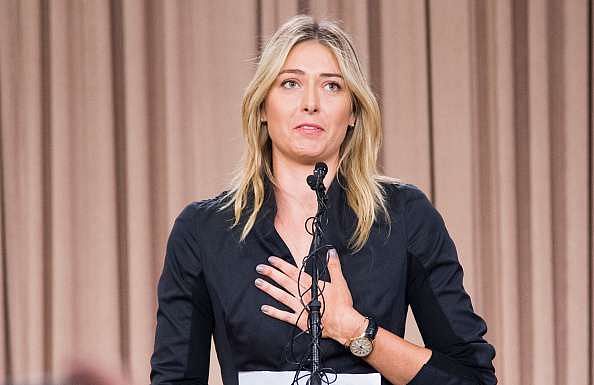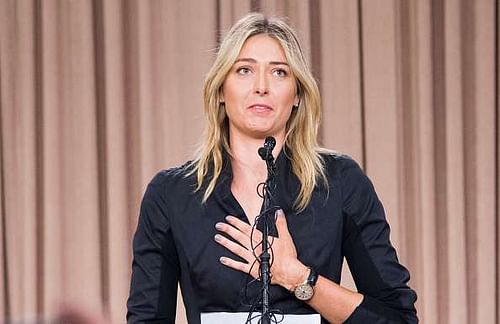
Meldonium inventor confident ban will be lifted after Rio Olympics
The World Anti-Doping Agency (WADA) will have to exclude drug Meldonium from its list of banned substances after the Rio Olympics, preparation developer and member of Latvia's Academy of Sciences Ivars Kalvins said on Monday.
"WADA will have no other choice after the Olympics as lawsuits will begin to be filed against it. Several judicial processes and they will have to back away," Kalvins said, reports Tass.
"WADA has stepped on a minefield of unfounded decisions. And mines will be exploding," he added.
Also read: Meldonium manufacturer claims drug should be excluded from WADA list in 2017
According to the academician, the first mine has already exploded. "WADA specialists have got convinced that Meldonium stays in the blood plasma or urine far longer than this could be found by the method of calculations."
Kalvins said he was ready to participate in the struggle to the very end for restoring the preparation's reputation. "I'm ready to take part in the struggle to the very end for excluding Meldonium from the list of banned preparations."
"I want to look into the eyes of pseudo-scientists and those who have said that this medicine may hurt an athlete. I believe this may hurt WADA's reputation, which is taking place now, rather than an athlete. Athletes will be only glad with the permission to use the preparation, which saves their lives," he added.
Also read: WADA announces Meldonium amnesty
WADA earlier reported a total of 172 doping samples worldwide had tested positive for Meldonium, including at least 31 Russian athletes.
The governing body announced last Wednesday that the concentration of less than one microgram of Meldonium in the body system of an athlete, whose doping tests were conducted before March 1, was acceptable and the athlete at the issue was not a subject to any sanctions whatsoever.
The drug was included in the list of preparations banned by WADA from January 1, 2016. The presence of the Meldonium substance in the athlete's blood during and between competitions is a violation of anti-doping rules. The substance belongs to S4 class on the WADA blacklist (hormones and metabolic modulators).
